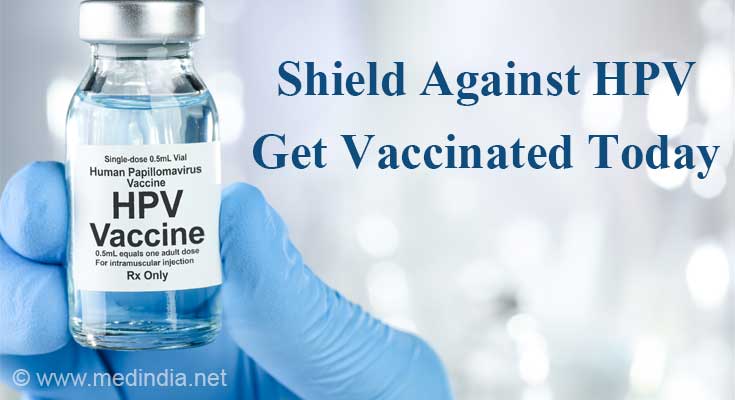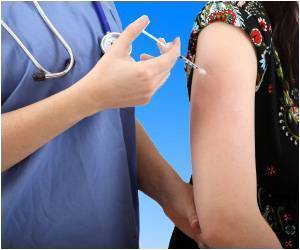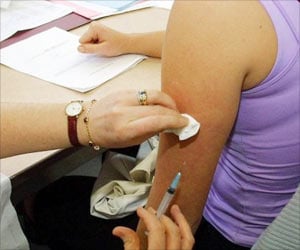Understanding HPV and its risks is key-vaccination, screening, and awareness can help protect women from HPV-related cancers.
- HPV causes 99% of cervical cancers, but vaccination and screening can prevent most cases
- Routine cervical screening can reduce cervical cancer cases, emphasizing the need for regular check-ups
- Awareness, early detection, and preventive care are key to protecting women's health from HPV-related cancers
HPV Vaccination and the Risk of Invasive Cervical Cancer
Go to source).
Common Myths About HPV and the Truth
Myth 1: HPV Only Affects Women Who Are Sexually Active
- HPV can be transmitted through any intimate skin-to-skin contact, not just intercourse.
- Even women with a single partner can contract the virus.
Myth 2: If You Have HPV, You Will Get Cancer
- Not all HPV infections lead to cancer; most clear on their own within two years.
- High-risk strains require monitoring, but prevention and early detection can significantly reduce cancer risk.
Myth 3: The HPV Vaccine is Only for Younger Girls
- The HPV vaccine is recommended for girls and women up to age 45.
- It provides protection against the most cancer-causing strains of HPV.
Prevention and Early Detection
Vaccination
The HPV vaccine is a highly effective tool in preventing HPV-related cancers. It protects against high-risk strains that can lead to cervical, vaginal, and vulvar cancers. A comprehensive study conducted in Sweden, encompassing nearly 1.7 million women aged 10 to 30, demonstrated that the quadrivalent HPV vaccine significantly reduces the risk of invasive cervical cancer. Notably, among those vaccinated before age 17, there was a nearly 90% reduction in cervical cancer incidence compared to unvaccinated individuals. Vaccination is recommended for girls and women up to age 45 for maximum protection. Getting vaccinated early can significantly reduce the risk of HPV infection and its complications.
Routine cervical screening can reduce cervical cancer cases by up to 80%, making it a crucial tool for early detection and prevention. #HPV #cervicalcancer #medindia’

Screening
Regular Pap smears and HPV tests are essential for early detection of abnormal cell changes. These screenings help identify potential cancer risks before they develop into serious conditions. Studies show that routine cervical screening can reduce cervical cancer cases by up to 80%, highlighting its critical role in early detection and prevention.Women should follow their healthcare provider’s recommendations on screening frequency. Early detection increases the chances of successful treatment and better health outcomes.
Safe Practices
Using protection and maintaining safe sexual practices can lower the risk of HPV transmission. Regular health check-ups ensure that any signs of infection or abnormal changes are detected early. A healthy immune system also plays a role in fighting off infections, making lifestyle choices like a balanced diet and exercise important. Prioritizing preventive care is key to reducing the chances of HPV-related diseases.
Knowledge is a woman’s best defense against HPV-related cancers. Being aware of risks, getting vaccinated, and staying consistent with screenings can save lives. This Women’s Day, prioritize your health, get screened, and encourage others to do the same. Together, breaking the stigma and promoting awareness can help protect future generations from preventable cancers.
Taking control of your health today can prevent the risks of tomorrow—stay informed, get screened, and protect yourself against HPV-related cancers.
Reference:
- HPV Vaccination and the Risk of Invasive Cervical Cancer - (https://www.nejm.org/doi/full/10.1056/NEJMoa1917338)
Source-Medindia
















